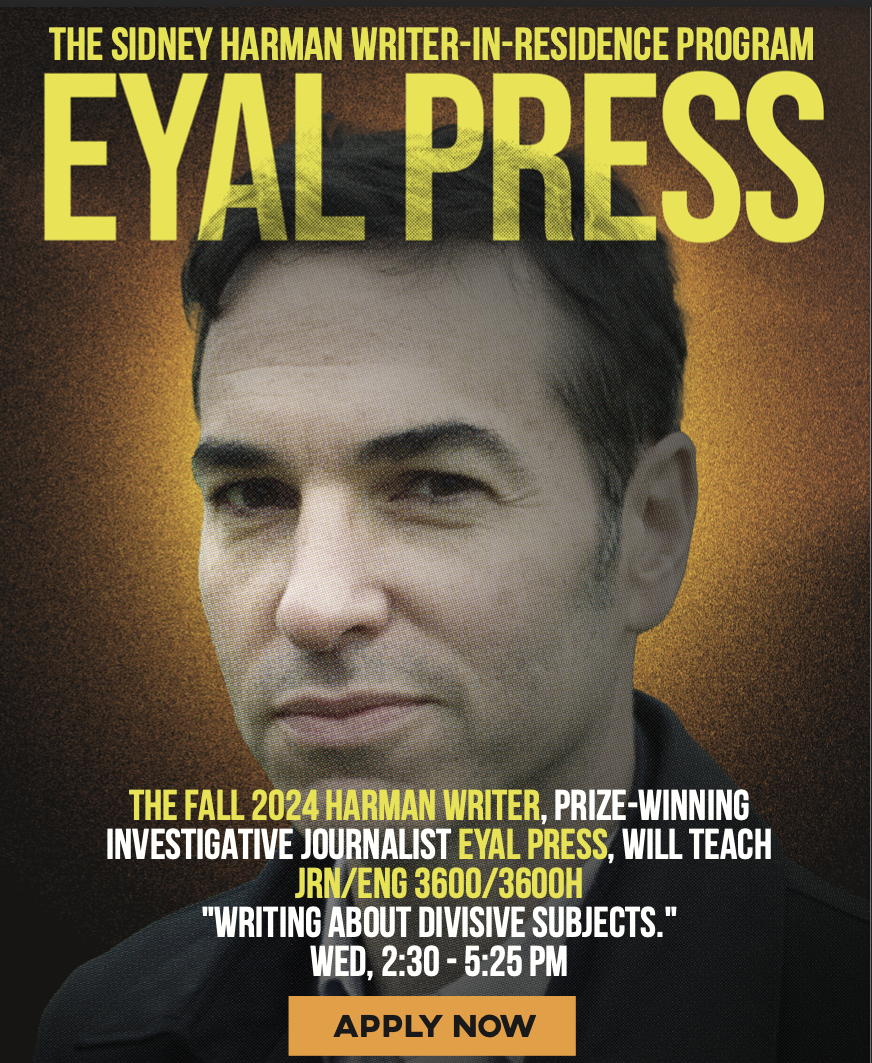The 1975 blends elements of different time periods on new LP
December 7, 2018
English pop rock band The 1975 is a millennial group named after a year from the ’70s with a Gen Z fanbase, painting an already confusing timeline, but they makes this complex identity work effortlessly on their latest release, A Brief Inquiry Into Online Relationships.
The album dances through music’s many eras, borrowing the vocoder of the ‘70s, the guitar riffs of every ‘80s John Hughes movie soundtrack and the angsty choruses of early 2000s pop-punk. The 1975 crafts a timeless and time-defining project that offers hope of the future through its more confident use of new instruments and approaches.
Never straying from an arrogantly high level of pretension, frontman Matt Healy doses Brief Inquiry with the classic tongue-in-cheek lyricism that The 1975 has been characterized for before. But the intelligent words Healy littered on past records have matured, advancing to the latest trends that every true modern scholar would know.
Flexing the savant-favorite terms like “post-modern” and employing the phrase “modernity failed us,” Healy braces his audience for what would be an eye-rollingly gaudy record.
Through cleanly manicured, ambitious instrumentation and focused song topics, Brief Inquiry dodges the typical flaws that alternative bands aiming to come off as socially aware tend to fall victim to.
Healy balances his thesis-like statements with the expected, but improved, songs for past lovers and his own failures. Released as the first single back in May, “Give Yourself A Try,” the second track of the album, introduces Brief Inquiry as an anthem for the confused and critiqued generation: millennials. Aging himself with finding “grey hair in one of my zoots,” Healy vividly fills the track with brutally true regard of the world he has grown up in. The growing pains of adulthood still haunt Healy, as he learns that “whiskey never starts to taste nice.”
The typical struggle of maturing is contextualized further for the modern era with references to a fan who took her life in 2014. The emotionless address to such tragedy doesn’t stem from a lack of concern — Healy cried onstage when he found out — instead, the innocuous reference relates to the prevalence of such horror that millennials and Gen Z members are used to.
Despite such a morbid truth, “Give Yourself A Try” and other tracks, like “Sincerity is Scary,” still don’t burden themselves with nihilistic despair. Healy prepares the following songs for an optimistic, yet unaware, sense of the current world and all its troubles.
“Saying controversial things just for the hell of it” ironically defines the record’s most vocal track, “Love It If We Made It.” Politically charged but still grounded for The 1975’s vibe of groovy synths, the song features Healy listing various issues plaguing the world, from racism — he sings, “selling melanin and then suffocate the black men” — to the refugee crisis — Healy mentions a “beach of drowning three-year-olds.”
The song “I Like America and America Likes Me” goes past these messages with mentions of gun control, connecting the British group to the broad context of the world’s threats. Healy approaches each issue with varying degrees of anger, but they all share the common call to action, even if just hoping for change.
Healy doesn’t let the weightiness linger too long. In “TOOTIMETOOTIMETOOTIME,” he humorously sings about being confused about infidelity — “I only called her one time / Maybe it was two times?” — over the tropically tinged track. Not recalling just how many times he two-timed, Healy carries his mistakes over to more serious moments like “Inside Your Mind” and “Mine,” where he slows the tempo to relive pained moments of old flames.
These moments carry the most heat, as they display a grown sense of The 1975’s characteristic and sometimes cheesy love focus.
Brief Inquiry takes a break from Healy’s low and melancholy voice for “How to Draw / Petrichor,” but it’s on “The Man Who Married a Robot / Love Theme” where the group shows off their most unique vocal talents. Narrated by a British male voice for Apple’s digital assistant, Siri, the song tells the story of the aptly named @SnowflakeSmasher86 and his true love: the Internet. The robotic delivery results in an unemotional recitation for the most direct anti-technology message.
Although reductive and over-preached, the use of Apple’s iconic voice combined with the song’s charmingly funny tale makes the term “snowflakes,” a regular reference by Baby Boomers online, take on a new way of existing.
Brief Inquiry reads like a typical millennial’s Instagram feed. Housed between drunken party selfies and mushy couple posts are reminders to vote and effect political reform.
Where social media often fails to be both effective and enjoyable in this dual-purpose, The 1975 is impressively able to level each aspect of modern life “in the most post-modern ways.”








